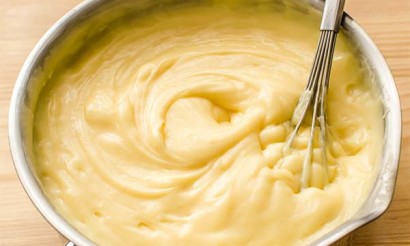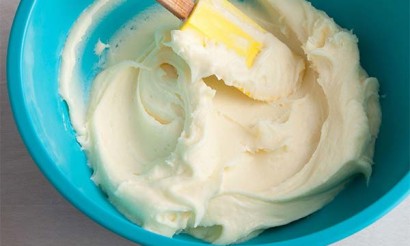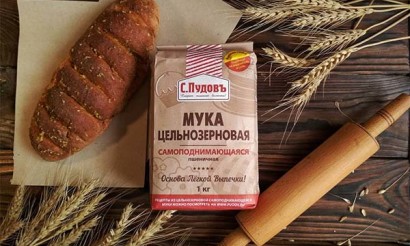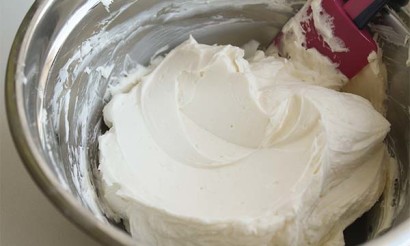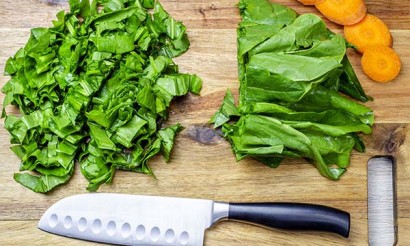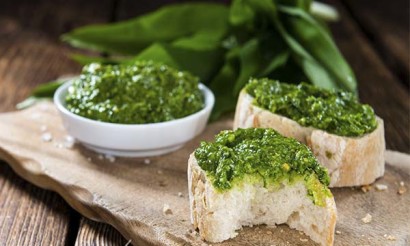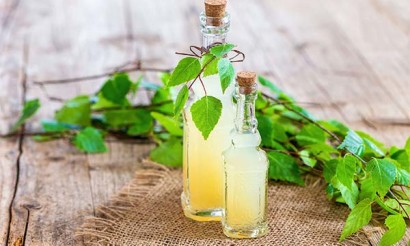Is it possible to eat pomegranate with seeds
Everyone's favorite since childhood pomegranate is very healthy. The pomegranate tree fruits are round in shape and can be from 5-7 to 25 cm in diameter. The skin of the pomegranate is dense and shiny and varies in hue depending on the variety, but most are reddish-brown. The inside of the pomegranate contains small seeds enclosed in a juicy and fleshy translucent pink-red pulp.
The pomegranate contains a lot of water, about 80-85%, as well as a lot of vitamins and trace elements. Its seeds are also very useful, but only in a very minimal amount. If you eat too many pomegranate seeds, you can harm your body.
How to choose a ripe and sweet pomegranate
The pomegranate is a fruit with a thousand years of history. It grows mainly in Mediterranean countries, Israel, the Middle East, Spain, Sicily and Turkey. The ripening season of the fruit begins in October and ends in February. This is when the new crop arrives in stores and markets, which means you can definitely buy fresh product at this time.
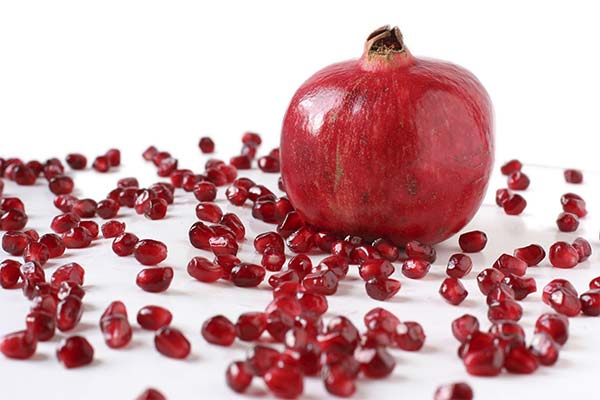
There are more than 1,000 different varieties that differ in taste, size, and rind color. But what all varieties and varieties have in common is that they bring maximum health benefits. If you choose the right ripe and sweet pomegranate, you can not only enjoy the taste, but also enrich your body with valuable substances.
Here are some helpful tips for your selection.
- First of all, assess the appearance of the fruit - the skin should be firm and shiny, with no damage.
- The smell is also important: ripe and sweet pomegranates have a distinct aroma, but unripe fruits usually don't smell at all.
- Take the fruit you like in your hand and judge its weight: the juiciest and ripest fruits are always heavy. Unripe ones are much lighter.
- Buy pomegranates in season; they have maximum nutrients. Those pomegranates that are sold year-round in stores can also be delicious, but because of the long storage part of the useful components in them is destroyed.
How to peel
Peeling a pomegranate is a special art. Every cook has his own secrets and nuances and methods. It all depends on the purpose for which you are going to peel a pomegranate. If you plan to make juice, the easiest thing to do is to cut the fruit into four equal parts and use a tablespoon to separate the seeds from the skin. An important nuance - cut the pomegranate in an apron or in clothes that you are not afraid of getting dirty. The ripe fruit contains a huge amount of juice. Pomegranate stains are very hard to wash. If you do get dirty, remove the garment immediately and pour water over it.
There are other ways to clean a pomegranate. Here is one of them:
- Cut the pomegranate crosswise (like an orange) with a sharp fruit knife.
- Tear the skin by pulling it aside.
- Place a bowl under the grains, holding the fruit over it with the skin up.
- Tap it with the blunt side of a kitchen knife.
After such actions, all grains should come off and fall into the bowl. Thanks to this method you can keep all the seeds whole, which is relevant in those situations when you use them for salads or snacks and do not plan to make juice.
Can I Eat Pomegranate Pips
In salads, it is the pomegranate that is eaten most often with pomegranate seeds, as the kernels of this fruit add spice to dishes. They have a sour taste that complements other products perfectly. For example, pomegranate seeds are great with different kinds of meat and fish. There are many recipes in cooking where whole pomegranate seeds are used, because the only way to extract them is to make juice. But it is not good for everyone to eat pomegranate with pips.
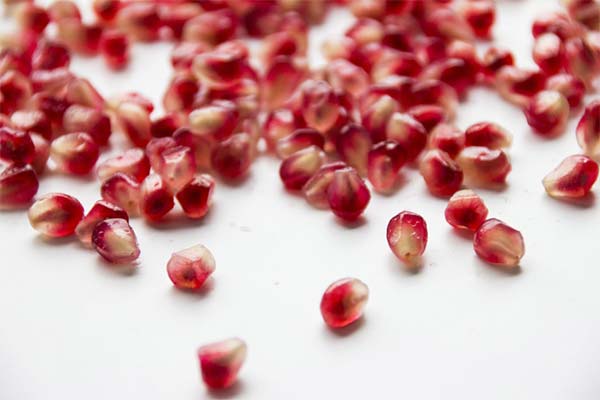
Benefits
Healthy people nutritionists not only do not forbid eating pomegranate with seeds, but even recommend eating it exactly in the form of whole grains.
- First of all, the seeds cleanse the intestines and help maintain the balance of microflora. They are rich in fiber, which is so necessary to activate beneficial bacteria that produce B vitamins in the intestines.
- Pomegranate seeds also contain large amounts of Punic acid. This substance is the main fatty acid that is found only in the grains. The substance is an analogue of linoleic acid, which has a powerful biological effect.
- Fruit acid effectively cleanses blood vessels and protects against heart attack and stroke. It dissolves accumulated stocks of cholesterol and triglycerides. Separately, they even sell pomegranate seed oil, which is used for medicinal purposes to clear blood vessels and protect against heart attacks and strokes.
- Pomegranate seeds contain several types of tannins with different molecular structures. Because of this, the product is considered useful in treating diarrhea.
- Pomegranate pomegranate seeds contain useful oils, they also contain a lot of vitamins A and E. They prevent cancer, improve eyesight, and help maintain the beauty of skin and hair. Thanks to these vitamins, the skin becomes firmer, wrinkles are smoothed, sagging disappears.
The harm
The seeds of this fruit can cause harm to those people who have problems with the digestive organs. But in such cases, and the pomegranate itself is not always allowed, because its juice contains acids in extremely high concentration. The pomegranate seeds can cause harm in diseases of the stomach and intestines.
Pomegranate seeds are dangerous for people who have been diagnosed with chronic colitis. Because of the excessive load on the intestines, the disease may worsen. Although this product contains anti-inflammatory substances, it does not save from exacerbations.
It is dangerous to eat pomegranate with pits for those who have developed duodenal ulcer disease. With such a diagnosis, it is better to refuse pomegranate at all, because it can provoke bleeding, and this is already a life-threatening condition that requires emergency intervention.
Of course, you should not eat pomegranate in any form if you are allergic to this product. Even if the symptoms seem insignificant, the accumulation of allergens in the body can have extremely negative consequences, up to and including death (in the case of anaphylactic shock).
How to eat pomegranate correctly
There are no strict rules on how to properly eat pomegranate. You can choose grains or cut into slices and enjoy the taste. Also from this fruit make juices, sweets, marmalade, the famous Georgian delicacy "churchkhela". Pomegranate juice is very useful for anemia and low immunity. Nutritionists recommend giving them to children, to drink during recovery from serious illnesses.
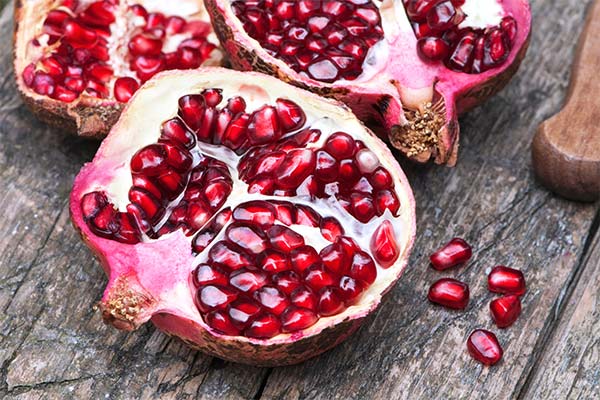
How much you can eat per day
There are no strict limitations on the daily rate either. But a large amount of pomegranate can badly affect the functioning of the digestive system. It contains a lot of acids, which can provoke upset stomach and intestines and lead to pain and cramps.
The maximum daily dose for an adult is 200-250 grams, for a child - up to 150 grams. But it's important to remember that everything is individual - someone can be harmed by 50 grams of grains. For example, in irritable bowel syndrome, colitis, pancreatitis and gastritis with hyperacidity, pomegranate can provoke worsening and exacerbation.
With the permission of your doctor can increase the daily dose of pomegranate consumption, for example, if you plan to use this product for medicinal purposes.
Can I Eat Pomegranates at Night and on an empty stomach?
It is not recommended to eat pomegranate on an empty stomach because it contains a lot of fruit acids. They irritate the gastric mucosa and stimulate the production of gastric juice. It is better to eat grains and drink juice from them only after a snack, so as not to get as a result heartburn or exacerbation of diseases of the digestive system.
On an empty stomach is sometimes recommended to drink juice, diluted with boiled water in a ratio of 1:1. Such a therapeutic agent helps to cleanse the body of toxins and impurities.
To eat pomegranate in the evening, just before going to bed is also not the best idea. First, because of the powerful vitamin composition, the consumption of this fruit can worsen the quality of sleep. Secondly, pomegranate stimulates the digestive system, due to what you may face with a feeling of hunger at night and discomfort in the stomach and intestines. Also pomegranate has a pronounced laxative and diuretic effect, which is why it is better to eat it in the first half of the day.
Use of pomegranate seeds
Pomegranate seeds are used in alternative medicine, in the manufacture of oils for treatment and creation of cosmetics. The most useful oil from this raw material. It is used both in treatment of diseases and in cosmetology.
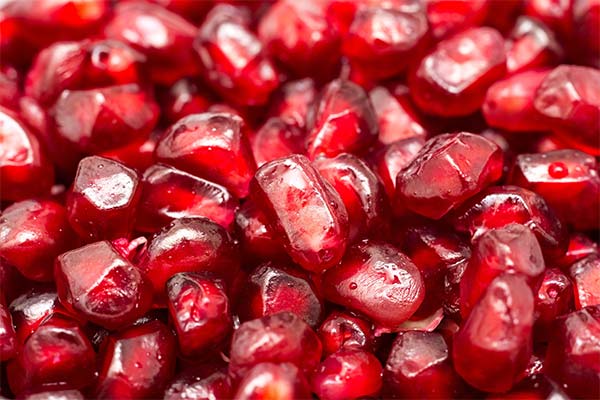
What is the value of the oil of pomegranate seeds:
- Contains vitamins that act as antioxidants.
- Nourishes and moisturizes the skin.
- Prevents the development of inflammatory processes.
- Smoothes lines and wrinkles.
- Strengthens hair and nails.
- Protects our liver and detoxifies.
- Prevents cancer.
- Strengthens the walls of blood vessels, cleans them and prevents the formation of blood clots.
Pomegranate seed oil is used externally and internally. You can buy it in any store of organic goods or in drugstores.
Pomegranate can be eaten with pomegranate seeds, but it is important to make sure that there are no contraindications. This product can bring a lot of benefits for the body if you use it correctly!
«Important: All information on this site is provided for informational purposes only. for informational purposes only. Please consult with your health care professional before using any of the recommendations. specialist before using any of the recommendations. Neither the editors nor the authors shall be liable for any possible harm caused by materials."

